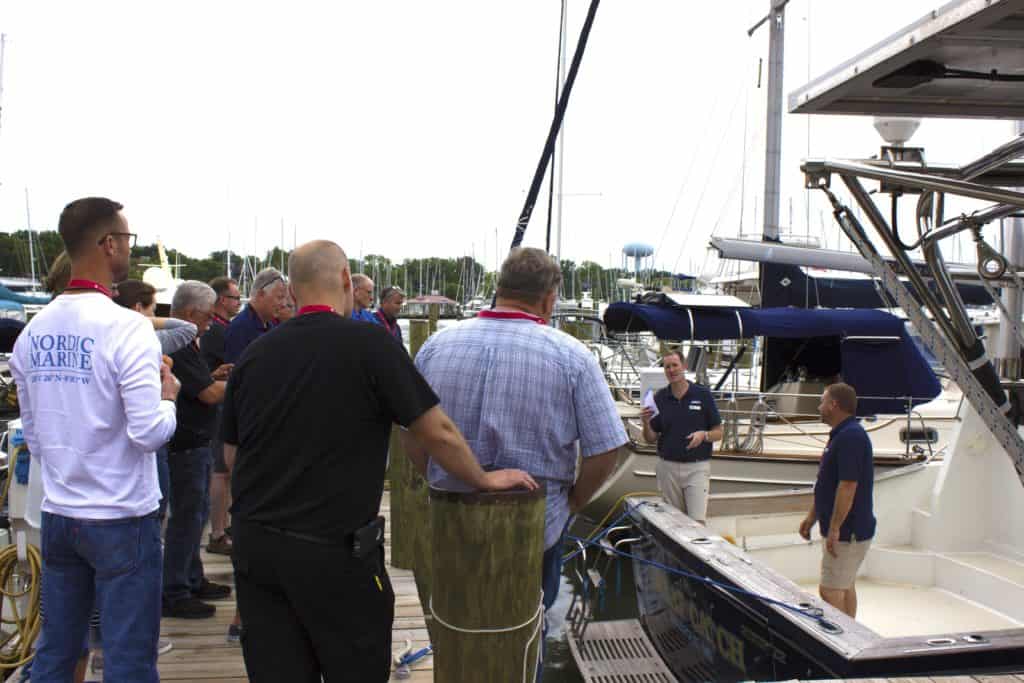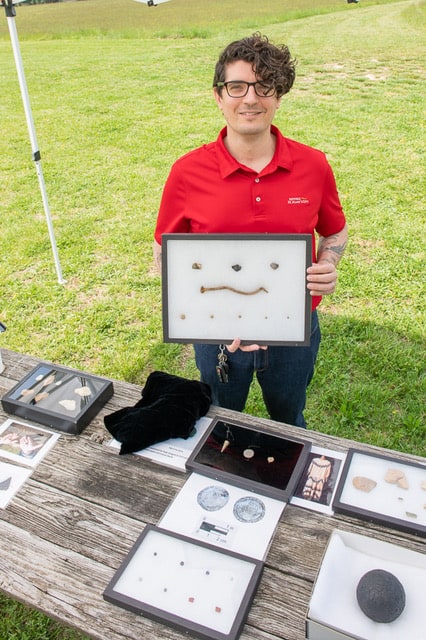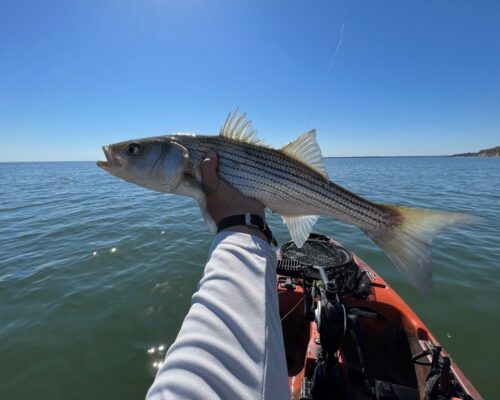It may be the height of summer, but school was in session when the American Boat and Yacht Council (ABYC) held its inaugural “Marine Service Technology: Educator Training Conference” in Annapolis last week. Instructors from maritime hubs across the county, Canada, and the British Virgin Islands came in for three days to focus on how the marine industry teaches its technicians.
It’s all part of a push to grow the pool of marine technology workers, amid a shortage in the Bay region and nationwide.
ABYC lined up industry experts for presentations and feedback, offered hands-on demos, and encouraged conversation about what works and what doesn’t when it comes to teaching marine service technology at the high school and post-secondary levels.
Sessions such as “Shop Setup and Safety,” “How to Avoid Death by PowerPoint,” and “Training Aids Gone Wild” gave attendees practical tips on engaging students and delivering the material. From the “bilge pump challenge” to round-robin dock walks out to ABYC’s donated boat to learn how a seemingly retired vessel can find new life as a floating classroom, best teaching practices were at the heart of each presentation.
Ed Sherman, ABYC’s Vice President of Education, came up with the idea of a “train the trainer” conference after realizing that instructors might appreciate extra guidance. Sherman literally wrote the book on marine industry instruction; “Fundamentals of Marine Service Technology” is used by high school marine service instructors across the country.
Sherman says he didn’t want the book to be the end of the road. “This is great,” he says of the book as a teaching tool, “but one of the biggest problems I see is that teachers themselves need a little help.” So ABYC created the first of what Sherman hopes will be many more conferences to come.
The event wasn’t just for professional development; it was also an opportunity to take stock of the marine industry’s present and future.
“I believe that this industry is going to evolve to a place it’s never been,” Sherman says, “and that will be driven by technology.” He adds that boats are getting more and more sophisticated, and there just aren’t enough people to work on them. The marine service technology sector also faces competition with other larger industries, another challenge that highlights the importance of supporting current instructors and welcoming more into the field.
Abe Arispe, a professor in the Diesel/Marine Technology Program at Tidewater Community College, teaches students about everything from outboards to stern drives and marine maintenance and appreciates the chance offered by ABYC to further develop his skills.
He says many of his colleagues are nearing retirement, and there are significant tech deficits within the industry. When you add those two realities together, he says, it’s obvious that there’s a real need to get the younger generation interested and working in the marine field. “(An event like) this is important because most of these folks are out there,” Arispe says of those who may be eyeing a new career in the marine trades.
Attendee David Fawley, an instructor in the Marine Service Technology Program at the Center for Applied Technology South in Edgewater, works with local high school students and was most excited to gather concrete tips to better deliver the material in the classroom. “You can have all the lofty curriculum and concepts and what you want to teach,” he says, “but a lot of it just comes down to some of the real practical, actionable things to put the curriculum in to play.”
Fawley was also looking forward to receiving ABYC Certification, which the Council describes as a “nationally accredited certification program (that) provides standards-based, continuing technical education for marine technicians throughout the industry.”
“Getting the ABYC certificate is super important because that’s increasingly how CTE (career and technical education) programs are being judged by administrators and school boards,” Fawley says, grateful that such a program exists for instructors. “ABYC saw that need.”
“Four months ago, this event was just a concept,” Sherman says. And with more than 50 industry instructors in attendance at the opening of the conference, it seems the Council has provided a much needed opportunity. “We’re equipping dozens of instructors who will show dozens of kids every year that our industry is the place for a great career and a great life,” Sherman explains. “It doesn’t get much better than that!”
–Laura Adams Boycourt




